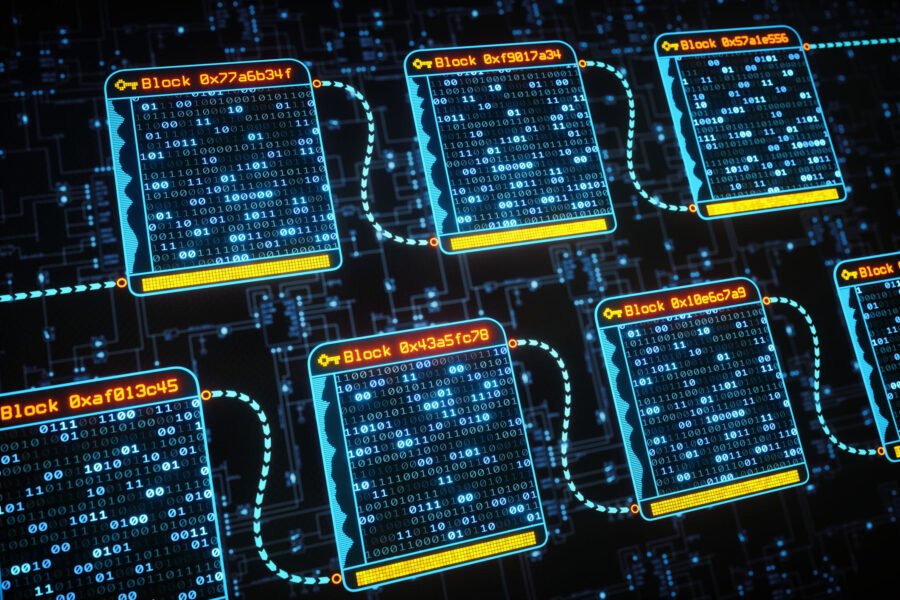Written by Tomoe Suzuki (Associate Author) | Mentored by Amelia Chew | Reviewed by Paul Neo
LawTech.Asia is proud to conclude the second run of its Associate Author (Winter 2019) Programme. The aim of the Associate Authorship Programme is to develop the knowledge and exposure of student writers in the domains of law and technology, while providing them with mentorship from LawTech.Asia’s writers and tailored guidance from a well-respected industry mentor.
In partnership with the National University of Singapore’s alt+law and Singapore Management University’s Legal Innovation and Technology Club, five students were selected as Associate Authors. This piece by Tomoe Suzuki, reviewed by industry reviewer Paul Neo (Chief Operating Officer, Singapore Academy of Law), marks the third thought piece in this series. It examines the rise of blockchain-based crowdsourced arbitration platforms.
Introduction
An earlier piece on “A brief analysis of the legal validity of smart contracts in Singapore” (“A Brief Analysis”) by Louis Lau on LawTech.Asia has explored the issues surrounding the adoption of smart contacts in terms of validity. This piece seeks to build on the aforementioned piece and add on to readers’ understanding of issues that arise in the implementation of these contracts and solutions that have arisen.
In particular, this article will compare various dispute resolution methods such as court-based litigation, mediation, arbitration (administered by arbitral institutions) to blockchain-based crowdsourced arbitration platforms (“BCAPs”) that have emerged in recent years. This piece will also provide a relatively abstract overview of how BCAPs work, the use cases they may be suited for, and highlight some of the challenges faced in increasing the adoption of smart contracts and BCAPs.

